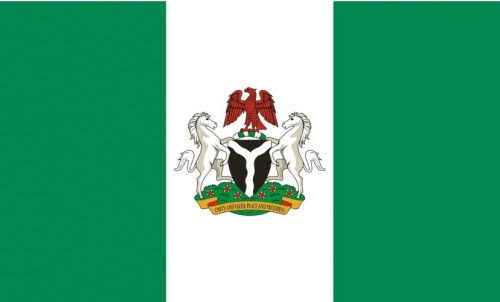Nigeria’s Non-Oil Exports Surge as Economy Diversifies Beyond Crude

Nigeria is recording strong growth in agriculture and manufacturing exports, signaling a shift away from decades of oil dependence, according to new data from the Independent Media and Policy Initiative (IMPI) and the National Bureau of Statistics (NBS).
Figures released in September show that trade contributed 18.28 percent of GDP in the second quarter of 2025, overtaking oil as the single largest driver of output.
IMPI attributed the shift to recent reforms, including subsidy removal, currency liberalisation, and tighter monetary policy, which have made imports more expensive and exports more competitive.
Agricultural exports rose 65 percent year-on-year in the first quarter of 2025 to N1.7 trillion, raising the sector’s share of total exports to 8.3 percent.
Cocoa, sesame, cashew, and ginger led the growth, aided by regional market access under the African Continental Free Trade Area (AfCFTA).
“Exports are no longer just about oil,” an Abuja-based agribusiness consultant said. “Farmers and processors are finding opportunities in regional supply chains. The reform shock, while painful, has created new winners.”
The shift also reflected in the trade balance. Imports of agricultural goods fell by 5 percent in the first quarter, creating a surplus of N668 billion.
Non-oil exports hit $5.45 billion in 2024, the highest on record, and stood at $3.23 billion in the first half of 2025.
Manufacturing output is also recovering. Nigeria ranked third in Africa’s 2025 Manufacturing Powerhouse Report, behind South Africa and Egypt, with major investments from Dangote Group, BUA Group, and multinational consumer firms boosting industrial capacity.
Foreign reserves have risen to $41.5 billion, up from $36.9 billion a year earlier, while the current account posted a $3.7 billion surplus in the first quarter.
IMPI said these improvements reflected “the competitive naira, declining reliance on imported petroleum products, and rising non-oil exports.”
AfCFTA has further boosted Nigeria’s regional trade, with 663 million metric tonnes of goods shipped to 11 ECOWAS countries in the first half of the year. Exports worth $83.5 million also went to 21 other African states.
“This is not diversification on paper; it is happening in practice,” a trade expert in Lagos said. “SMEs are exporting to Africa, and that is new.”
Analysts, however, caution that weak infrastructure, high logistics costs, and power shortages could slow progress.
A former deputy governor of the Central Bank warned that “without power reform, Nigerian manufacturing will always be running uphill.”
Despite the risks, IMPI concluded that reforms are pushing Nigeria toward a more diversified economy.
“Exports are being encouraged, imports are being discouraged,” its policy paper stated. “The reform shock has opened new horizons.”









